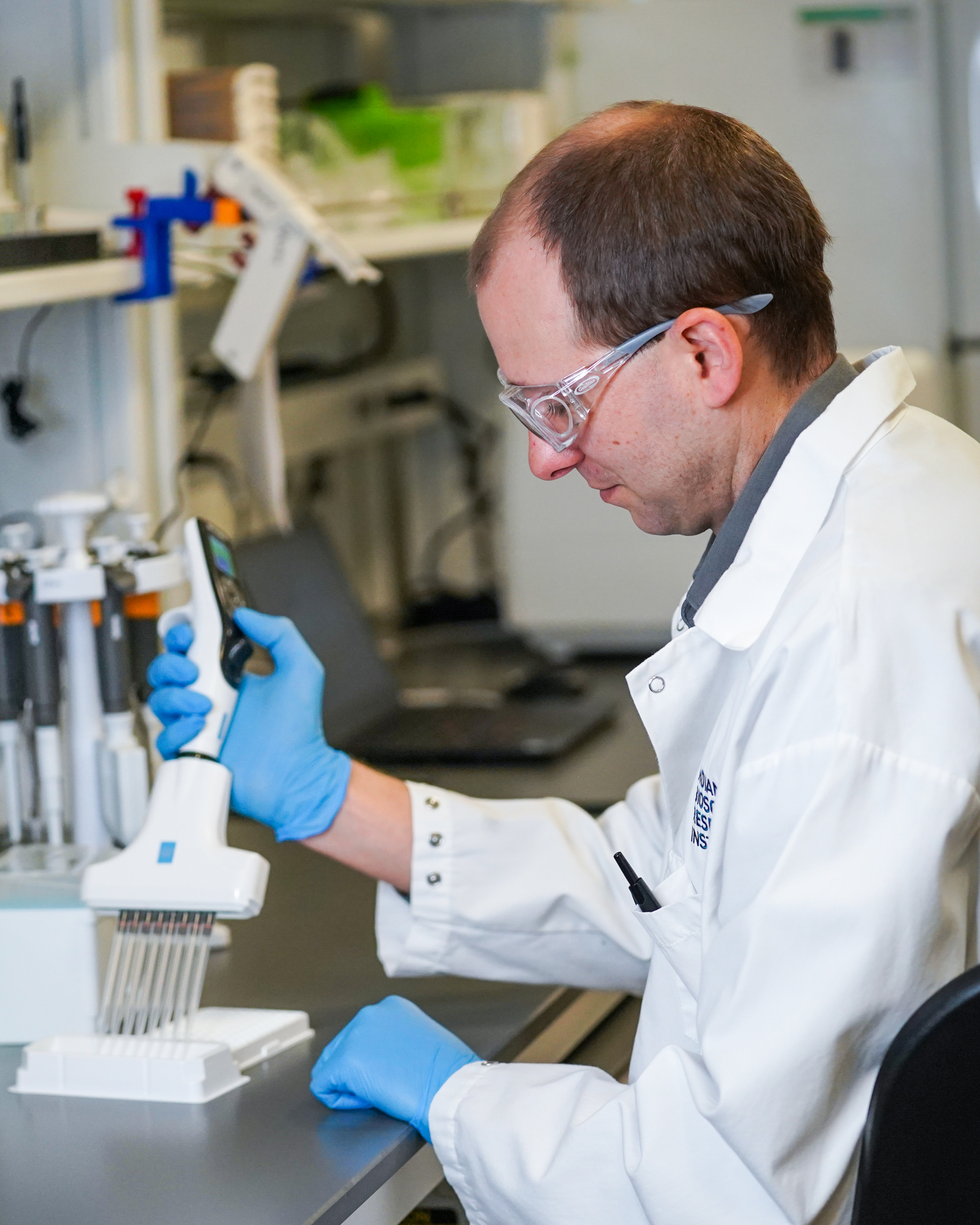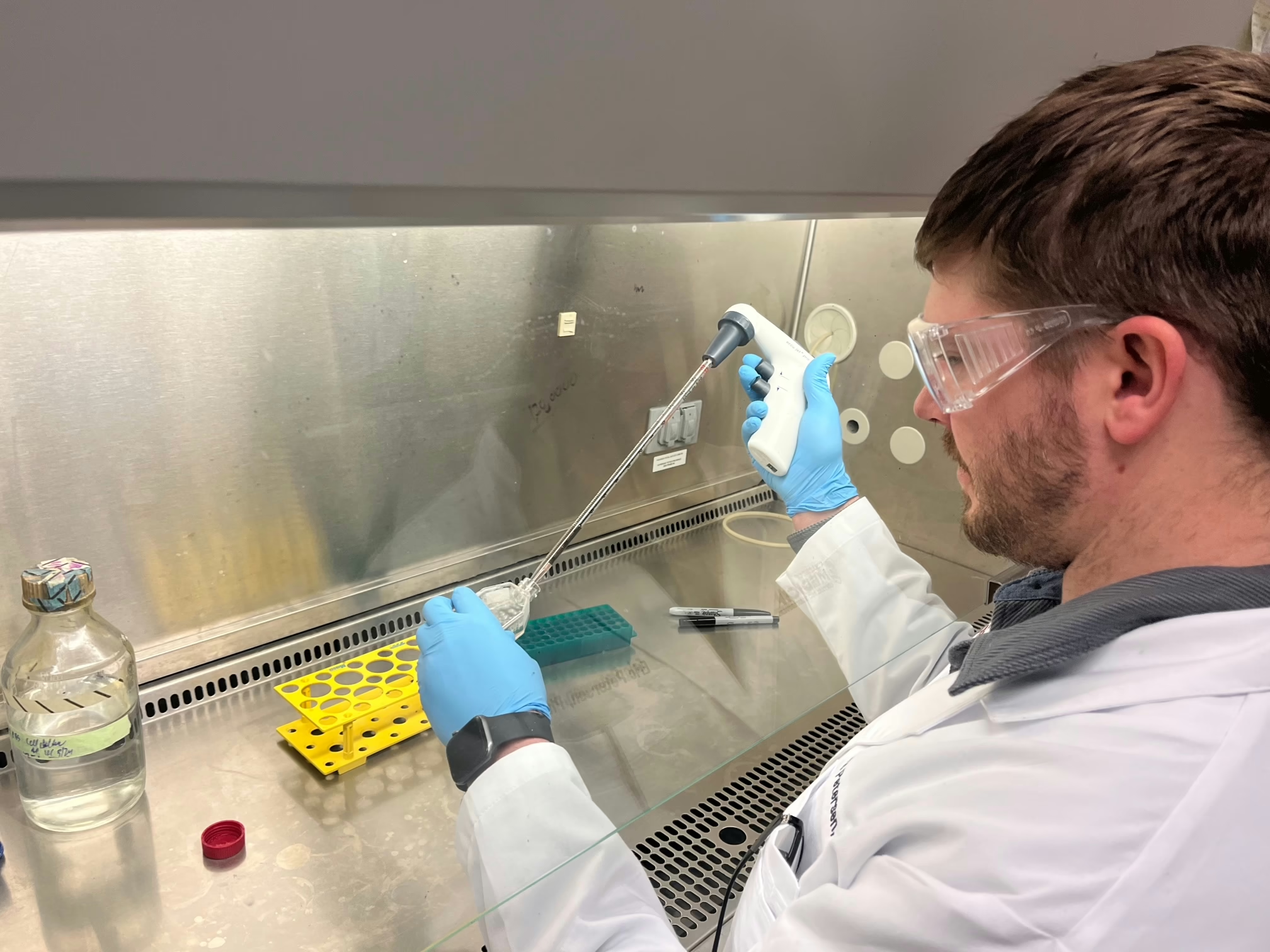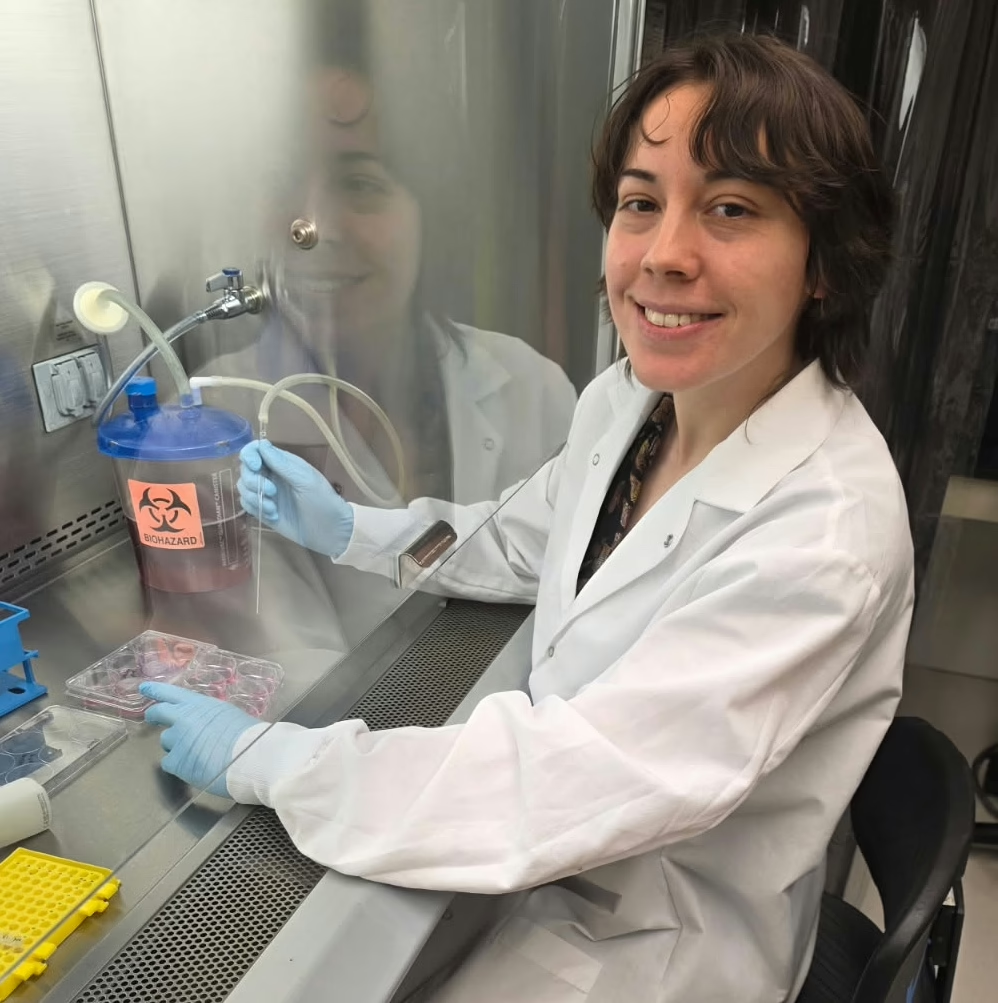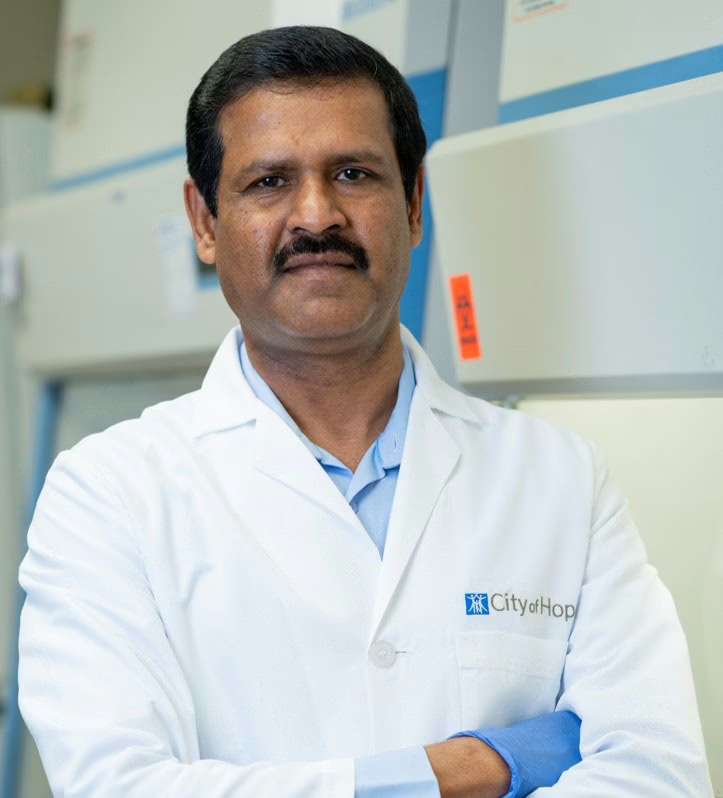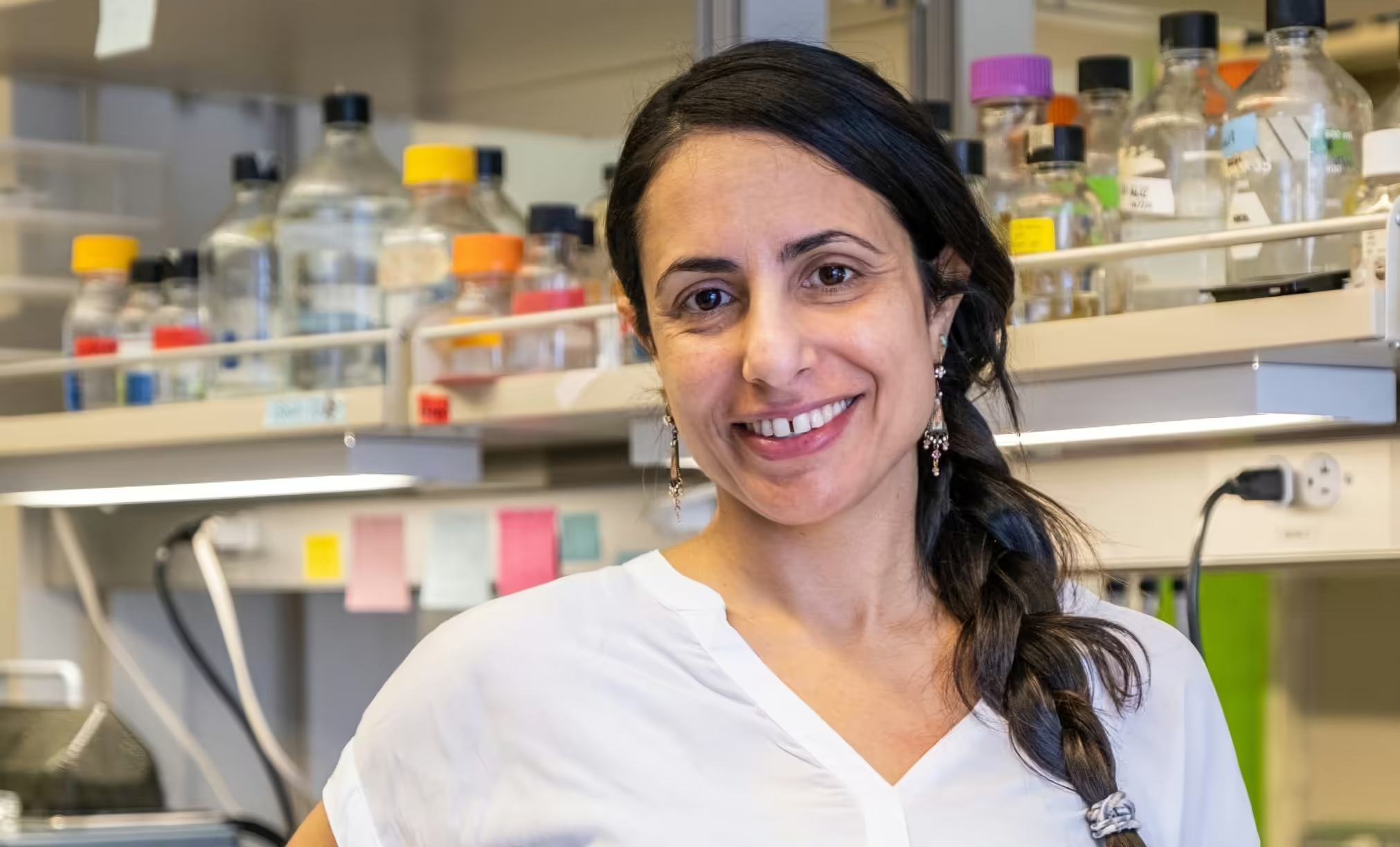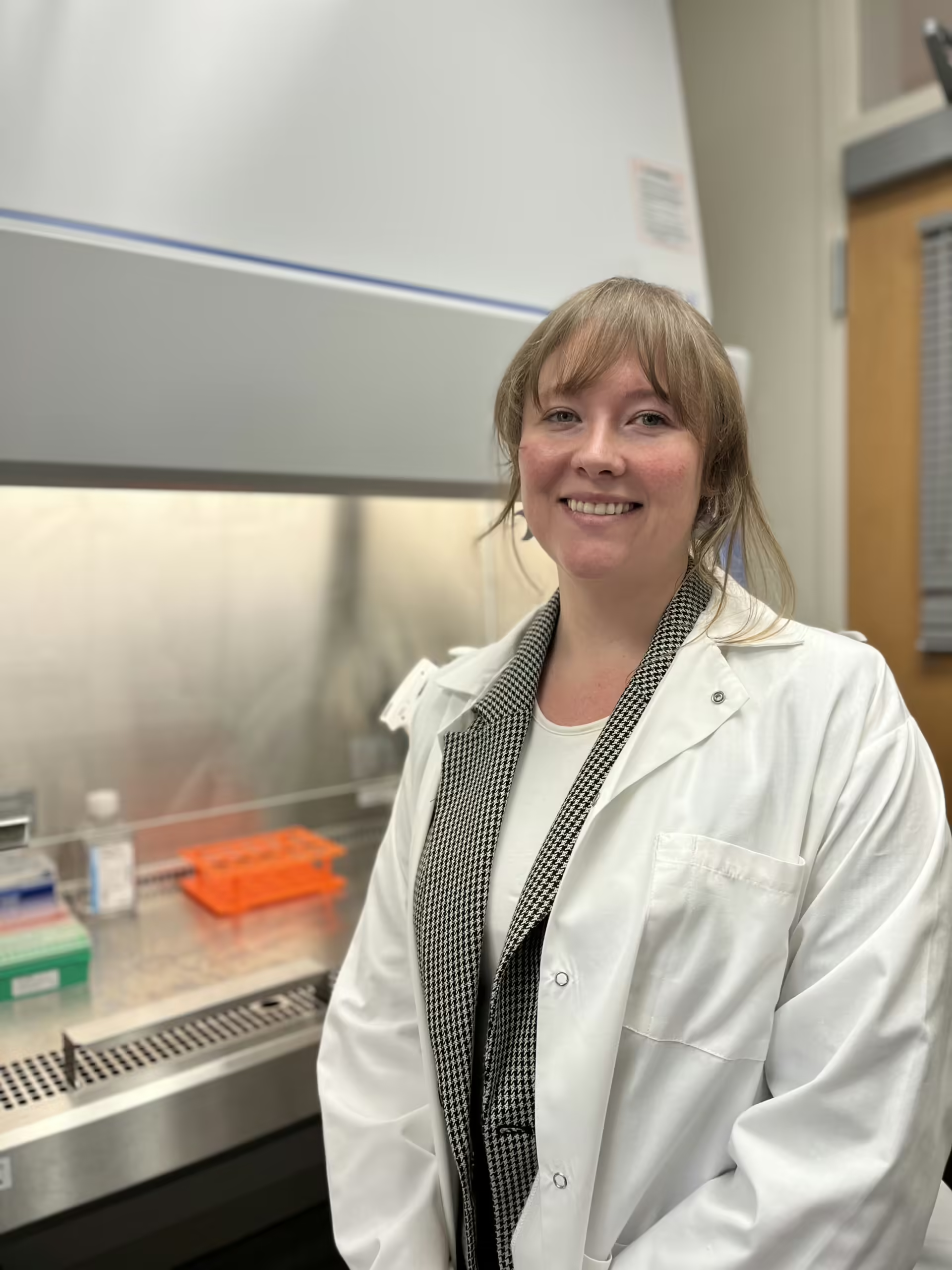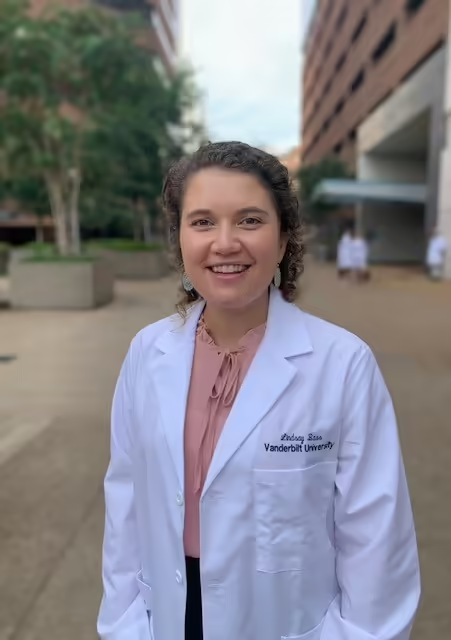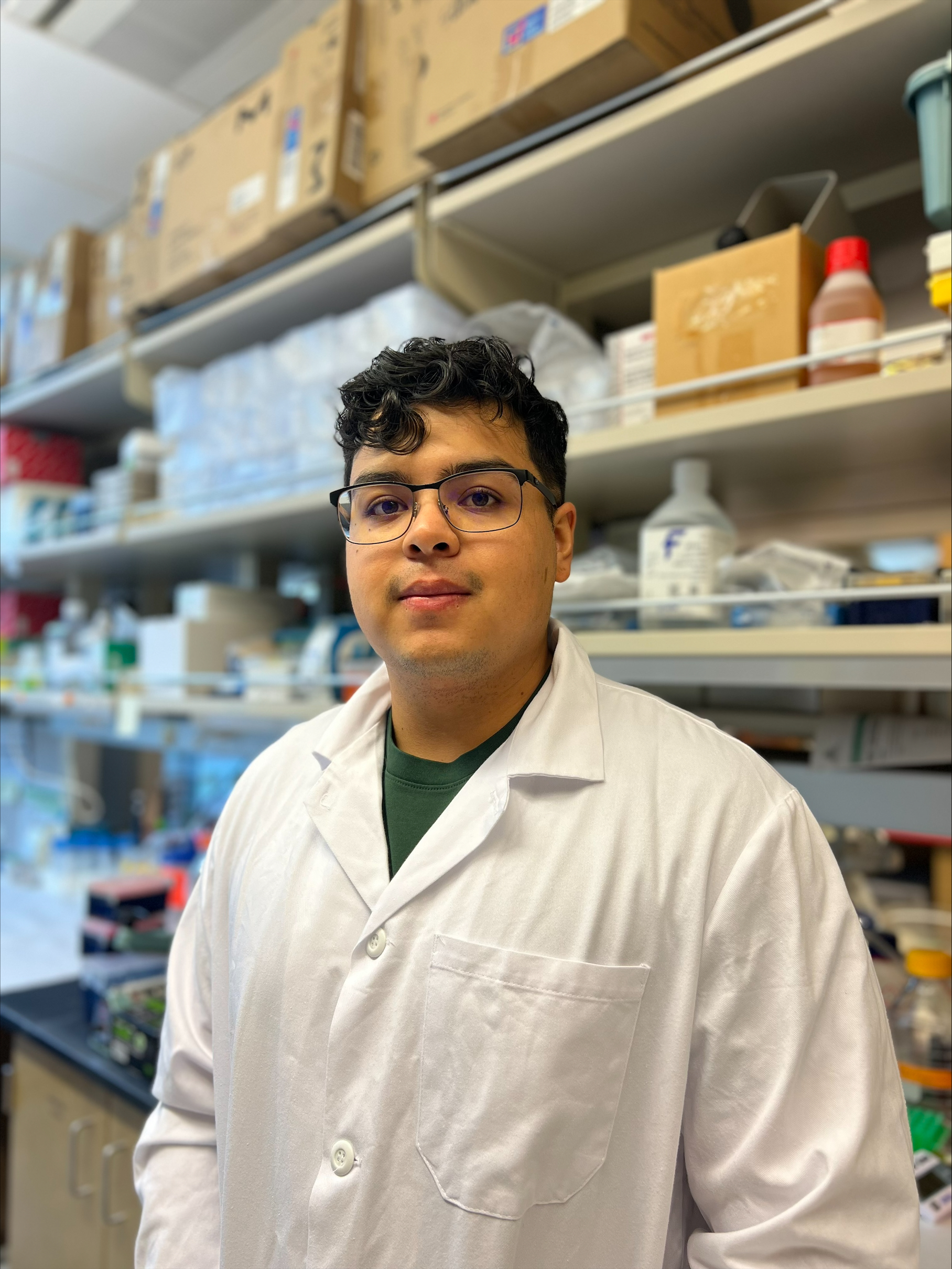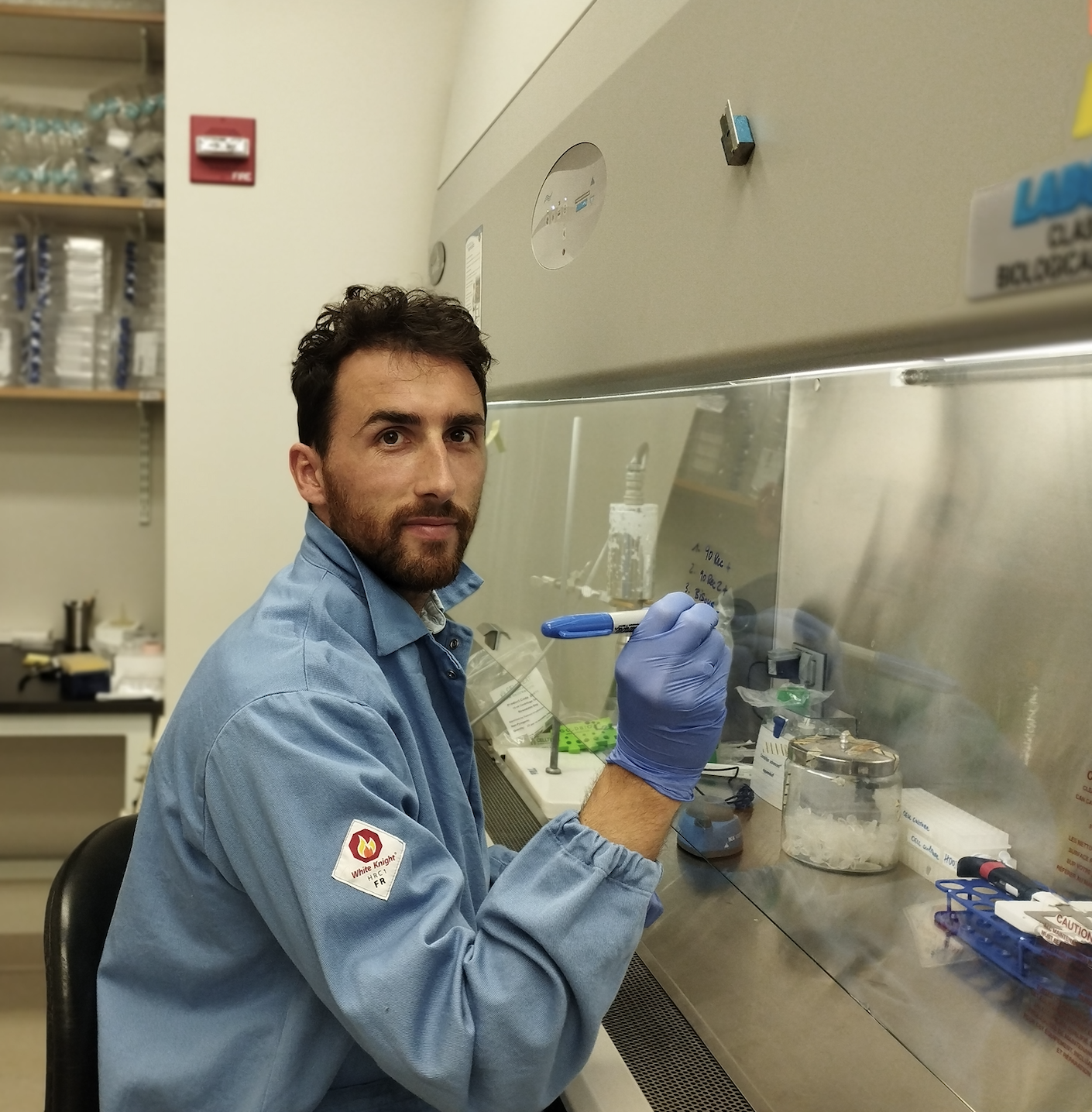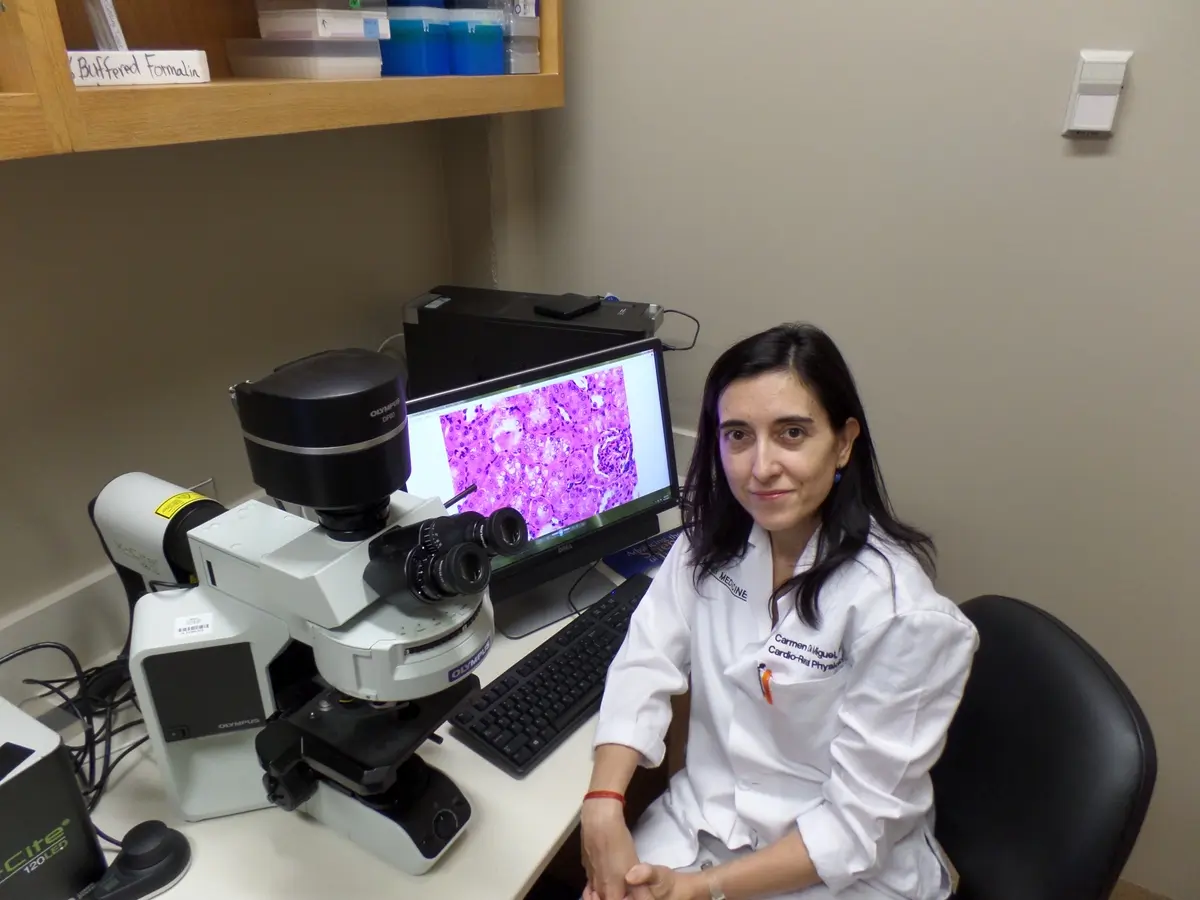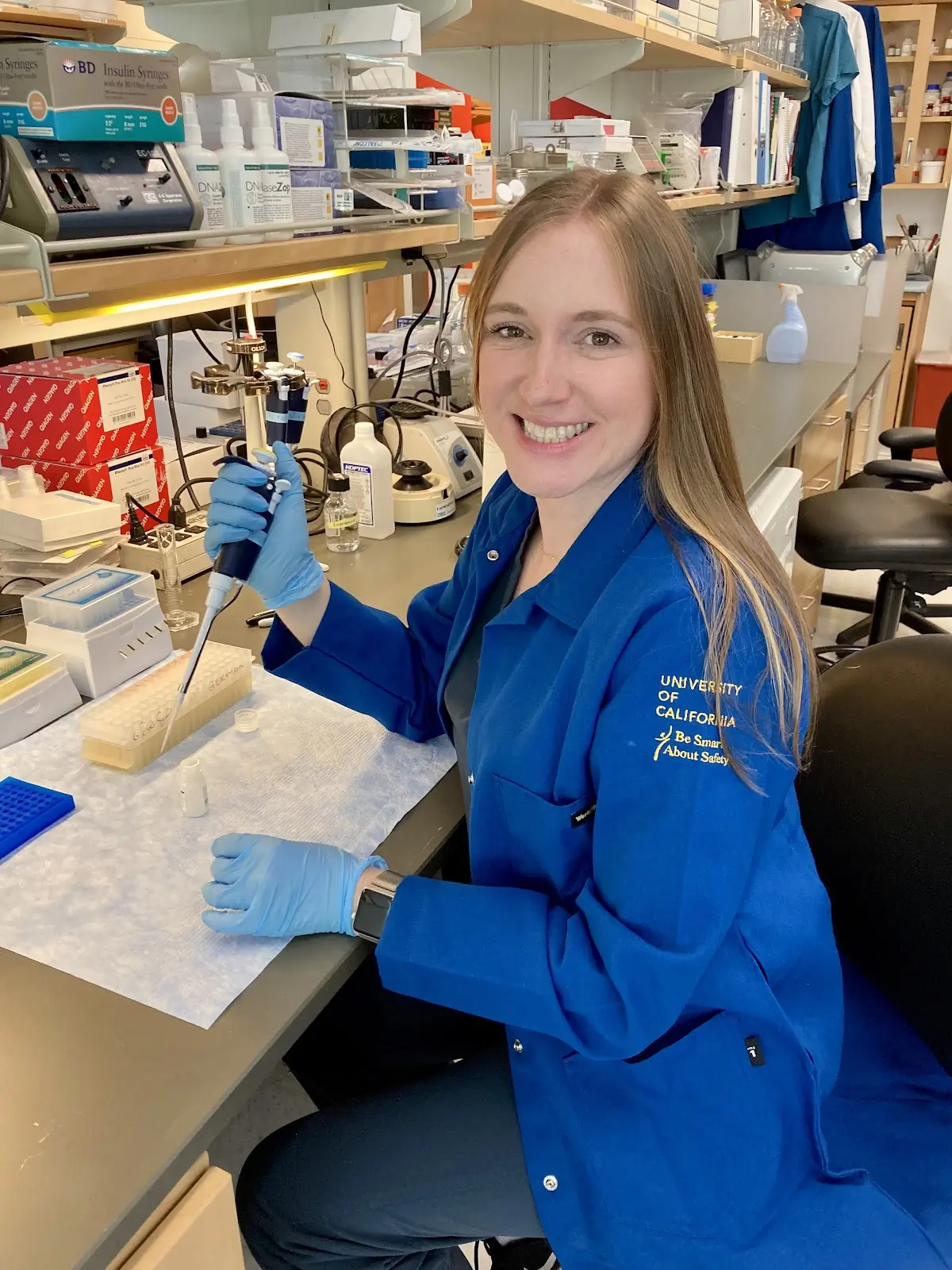Due to the generous donation of a donor, this project is now fully funded.
Final Project Update
The primary goal of this project was to design, optimize, and implement a cell-based assay to discover small molecule antagonists of GPR31 signaling to protect pancreatic beta cells from proinflammatory stress that occurs in type 1 diabetes (T1D). During this project, multiple researchers in my lab were supported and contributed to our progress. Fiona Armoo, an Assistant Research Associate under my supervision, successfully established multiple orthogonal methods to read out the activity of G protein-coupled receptors (GPCRs). We employed the TRUPATH assay, which reports of the interaction between the alpha and beta/gamma GPCR signaling components. We also set up two additional GPCR assays, Presto-Tango, and, recently MeNArC, each of which relies on the recruitment of a GPCR-binding protein called β-arrestin.
We confirmed the utility of these GPCR assays using positive control receptors and showed we can monitor the activation of each of the major classes of G proteins which lie directly downstream of nearly all GPCRs. We cloned the DNA of human GPR31 into various plasmid vectors necessary for analyzing its signaling activity in these two assays. Although GPR31 expressed from these vectors, our testing with the ligand 12(S)-HETE from various sources did not result in significant activation in the TRUPATH and Presto-Tango assays. As part of our troubleshooting, we also tested recently purported ligands pyruvate and lactate, but these also were inactive in GPR31 assays. We have discussed these results with our collaborator Dr. Raghu Mirmira and with Veralox Therapeutics, a company working on inhibitors of the enzyme that generates 12(S)-HETE, who confirmed difficulties in establishing GPR31 activation assays. Nevertheless, GPR31 is clearly involved in inflammatory diseases, including T1D, as established by multiple research groups. Further work will be necessary to develop a screening tool to ‘drug’ this receptor. We have begun optimizing the newest biosensor, MeNArC (doi: 10.1016/j.jbc.2021.100503), which in essence combines the best parts of the TRUPATH and Presto- Tango assays. We plan to use this tool to test GPR31 and other candidate receptors implicated in islets during T1D.
Midway through our DRC-funded project a Postdoctoral Researcher joined my lab, Dr. Luiz Barella. Luiz began investigating GPCRs whose expression is altered in human islets treated with cytokines to mimic the local environment in T1D. Dr. Barella’s analysis of this data yielded multiple new candidate GPCRs in T1D and was instrumental in our receiving a JDRF Innovative Grant earlier this year. This was enabled by DRC funding which allowed us to establish multiple GPCR assays in the lab.
We sincerely thank the Diabetes Research Connection, the generous donors, and the scientific reviewers for supporting our research efforts.
6-Month Project Udpate
The primary goal of this project is to discover a small molecule antagonist of GPR31 signaling to protect pancreatic β cells from proinflammatory stress. Since beginning this project, Fiona Armoo, an Assistant Research Associate under my supervision, has successfully established the TRUPATH G protein-coupled receptor (GPCR) assay, as well as an additional orthogonal GPCR assay, called Presto-Tango. We confirmed the utility of the TRUPATH assay using positive control receptors and showed we are able to monitor the activation of each of the major classes of G proteins which lie directly downstream of nearly all GPCRs. The Presto-Tango assay was chosen as a supporting secondary approach because it monitors GPCR activation through a different mechanism called β-arrestin. We have cloned the DNA of human GPR31 into various plasmid vectors necessary for analyzing its signaling activity in these two assays.
GPR31 appears to be expressed from these vectors and we have acquired and are currently testing multiple ligands including 12(S)-HETE, other eicosanoid family members, as well as recently identified ligands pyruvate and lactate. Upon positive results with these ligands in either GPCR assay with GPR31, we will initiate testing the biased compound library. Dr. Timothy Richardson, an experienced chemist here at the IBRI, has assisted us in pre-selecting focused small molecule libraries that will be well-suited toward a receptor like GPR31 which binds fatty/oily lipid-like molecules. Having DRC support for this project also spurred additional internal collaborations between my lab and Dr. Richardson. Together, we submitted a proposal to the NIH this summer for pilot funding to determine the three-dimensional structure of GPR31. Determining the structure of GPR31 with or without ligand bound to it will aid us in selecting small molecules from cell-based screens, as well as the computational design or modification of compounds which inhibit or alter GPR31 signaling.
Project Description
In type 1 diabetes (T1D) the body’s immune system recognizes, attacks, and ultimately kills the insulin-producing beta cells in the pancreas. During this process, the immune system releases many inflammatory molecules. One is 12(S)-HETE. It activates the GPR31 receptor on the beta cells. Published data, and our preliminary experiments, lead us to believe this activated inflammatory molecule causes the beta cells to malfunction and ultimately die.
Our goal is to discover molecules to block 12(S)-HETE from activating GPR31 to potentially protect the beta cells. We will use high throughput screening to monitor the activation of GPR31 in cells by testing thousands of molecules for their ability to block this activation. We refer to the successful drug-like molecules as GPR31 inhibitors.
To confirm our candidate GPR31 inhibitors will work in humans, we will use human pancreatic islets isolated from donors, or grown in laboratories. We will expose these human pancreatic islets to conditions that mimic the assumed 12(S)-HETE to GPR31 pathway which may cause the onset of T1D. We will test our candidate GPR31 inhibitors for their ability to protect human pancreatic islets before and soon after the initial attack on the beta cells.
Very little is known about GPR31. We will learn more about this molecule and shed light on the activation signaling and functional pathways relating to its interaction with 12(S)-HETE and the onset of T1D. While our focus is on protecting pancreatic beta cells, GPR31 is also present in other organs and tissues where its inhibition may also be therapeutically beneficial.

